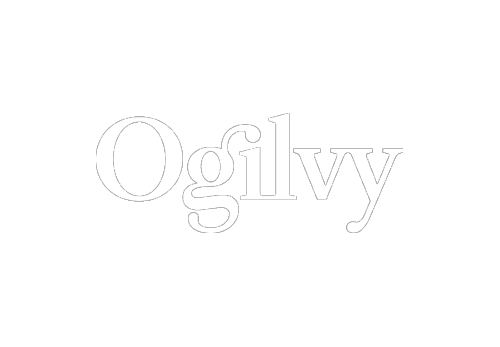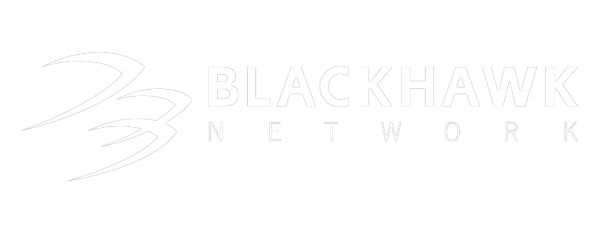HOW TO WRITE A CV
Breathe. Informative. Relevant
Talent Transformation
Advice and Resource Portal
For all the latest advice, salaries and guidance to help you with your job search as well as steps to follow through the resignation process and beyond.
24
54
59
75
Salary Survey
Your people are the lifeblood of your business and your
hiring strategy is a priority: your company, culture and
business demand this.
How to write a CV
For some when it comes to writing a CV it can be seen as a bit of a dark art where opinions vary depending on the type of role and sector you work in. For example there is much debate on how many pages a CV should be, whether to include a short intro video, how creative a CV should look and what depth of content you should add etc etc.
Therefore the following will help you navigate your way through to building a meaningful and relevant CV that will grab the attention of your audience.
Some key points to keep in mind:
Whether you are applying directly to a hiring manager or engaging with a recruitment agency the chances are you will be up against a number of other applicants so it is important that your CV does stand out but for the right reasons.
The truth is, both hiring managers and recruitment consultants will have a number of applications to work through. Therefore, at first they tend to only quick scan a CV for key words relevant to the role in question. If they have to hunt through your CV to establish who you are the chances are you could be bypassed.
When it comes to CV formats, again due to the internal processes, we always recommend submitting your CV in Word doc. Especially if you are engaging with a recruitment agency. The reason being is that most recruiters tend to drop your CV content into their own template that will hide your contact details as well as include their own notes of you. If you’ve only supplied a PDF then formatting issues can occur when copying over and therefore run the risk of some information being missed.
Below are some other key Do’s and Don’ts when it comes to CV writing.
DO:
Breath
So first things first, a CV should always breath! And what we mean by this is that don’t try and cram four pages of content into two or turn your CV into a Stephen King novel by creating block paragraphs.
Depending on experience a CV should run up to four pages and the content should have clear spaces between each section and wherever possible use bullet points – Its easier on the eye and can draw your audience to specific information that you want them to notice.
Think about presentation
Choose a professional font (avoid comic sans at all costs) and group information under clear headings. Leave plenty of white space around the text and in between sections.
Keep it concise
The general rule, depending on experience is to keep your CV within four pages maximum. You need to sell yourself and your skills but in a way that is easily digestible. Keep sentences short and to the point.
Play to your strengths
If you don’t have much work experience then highlight the relevant experience you do have. If you have any gaps in your employment history, then put a positive angle on it. i.e what ‘soft skills’ such as communication and teamwork did you gain in that time?
Use specific examples
Saying that you increased sales revenues sounds good. But saying that you increased sales by 50% over a three month period sounds great. Therefore back up your statement with numbers. Ideally percentages though. We never recommend you disclosing revenue numbers on a CV as at best you could be boxing yourself in and at worst you are revealing sensitive information regarding your current or previous employers.
Tell the truth
It might be tempting to tell a few white lies on your CV, but it’s awkward if you get found out. When an employer takes a closer look at your background make sure it’s consistent with your CV. The world is getting smaller, especially if you operate in a niche market. The chances are a future colleague may have worked with you in the past and maybe in a position to verify some details.
Use bullets
Bullet points are a great way of presenting a lot of information clearly. They allow you to highlight key facts, allow an employer to skim with ease and find the information they are looking for.
Tailor it
One CV does not fit all job applications. Customise your CV to each role you apply for and highlight the specific skills they are looking for.
Social Media
Ensure that your LinkedIn profile corresponds with your CV. Especially when it comes to job titles and dates. Also whilst on the subject of social media, it would be wise to check your public settings on places like Facebook, Twitter and Instagram. Whether you agree or not some larger organisations do like to peak into your online presence to get a feel for who you are. And we’ve all see some high profile cases of employees being penalised based on their online content.
Employment history
When it comes to adding your employment history we always recommend adding an intro sentence under each employer highlighting what the business specialises in. Don’t always assume that the person reading your CV will know. Plus it will give some background to your experience. You are also welcome to add a website address if you feel its relevant to the role you are applying for.
DON’T:
Include too much info
Your CV is a checklist of your key achievements, not the story of your life to date. Information relating to your age, sex, nationality, marital status or health are generally not required on a CV. Remove any unnecessary content. This includes your full home address. The last thing you want to do is have your CV with your full address published on a job board for all to see. You are just inviting identity fraud. By all means you can and should include your nearest town or for example state that you are located 15 miles outside London with direct access. Safety first at all times!
Use clichés
Are you a problem-solving team player? Well, join the club. If you want to stand out you need to give examples and evidence of how you work logically and collaboratively.
Use an unprofessional email address
Not all email addresses are appropriate for job applications. Asking employers to contact you at hotstuff15@hotmail.com may not portray you as the aspiring professional you are.
Get overly creative
Now is not the time to unleash your inner artist. Colours, designs (especially clip art) and unusual fonts are distracting for the reader and leave a CV looking unprofessional. We recommend a simple font like Ariel which is a stand font across most platforms and easy to read.
Forget to double-check
Always check your CV thoroughly. And then check it again. If possible, ask a friend to check it for you, too. Typos and inconsistencies are a sure fire way to find yourself in the ‘no’ pile.
Follow these simple rules and you will be heading straight for the ‘yes’ pile – which is exactly where you should be.











